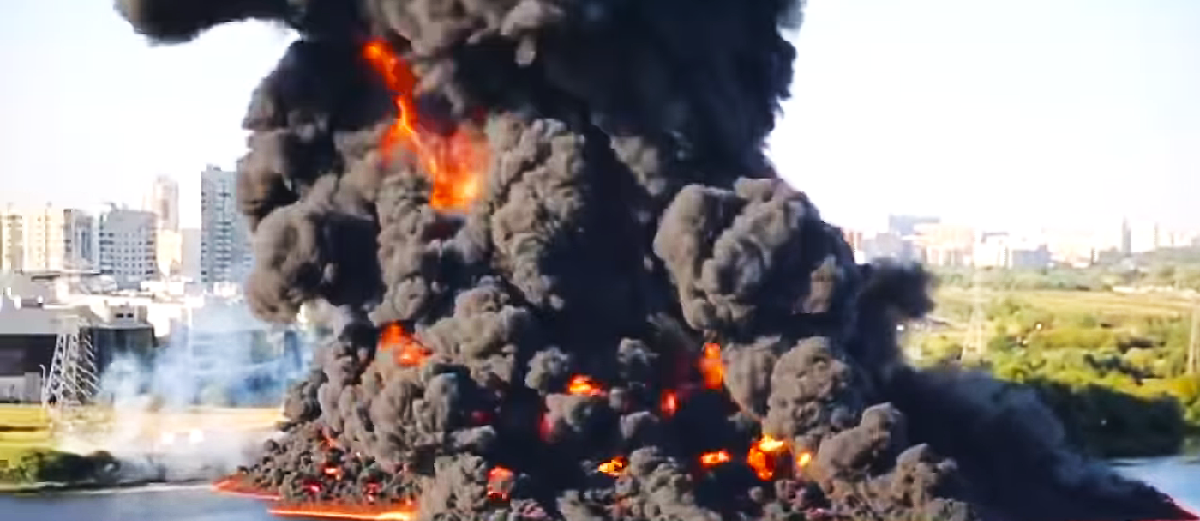Sudan has instructed oil companies to shut down the Petrodar pipeline, which transports crude oil from South Sudan for export, due to repeated attacks by the paramilitary Rapid Support Forces on the critical oil infrastructure
The directive was issued from Sudan’s Undersecretary of Energy and Petroleum, Mohhieddien Naiem Mohamed Saied, to South Sudan’s Ministry of Petroleum.
The dispatch cites “grave losses” to both nations’ economies and foreign investors caused by the ongoing Sudanese civil war.
The letter highlights a May 8 drone attack on a diesel depot in White Nile state, used by the Bashayer Pipeline Company (BAPCO), as well as assaults on electricity substations and fuel depots, which have disrupted power supplies and threatened Sudan’s ability to manage export operations.
These attacks, attributed to the paramilitary Rapid Support Forces (RSF), have rendered ports and airports unable to receive critical chemicals needed for oil transit, prompting Sudan to order Petrolines for Crude Oil (PETCO) and BAPCO to prepare a “fast-track roadmap” for a potential shutdown if the assaults continue.
But South Sudan, heavily reliant on oil for 90 percent of its revenue, faces severe economic risks from the pipeline closure.
The Petrodar pipeline, stretching over 1,500 km from the Melut Basin in South Sudan’s Upper Nile state to Port Sudan on the Red Sea, carries about two-thirds of the country’s 150,000 barrels per day of exports.
Sudan, which collects transit fees, declared force majeure on the pipeline in March 2024 after a major rupture in RSF-controlled territory, exacerbated by gelling issues and a lack of diesel for heating stations.
Despite repairs announced in May 2024, renewed RSF attacks, including a drone strike on Port Sudan’s fuel depots on May 6, have halted progress.
The RSF, which evolved from the Janjaweed militia and controls key oil infrastructure like the Heglig pumping stations, has denied responsibility for the disruptions, claiming respect for the Sudan-South Sudan oil agreement.
Sudanese officials aligned with the army, however, accuse the RSF of systematic sabotage, with Minister Saied labelling the attacks “terrorist” acts aimed at crippling civilian infrastructure. South Sudan’s Ministry of Petroleum has not issued a formal response, but civil society voices in Juba are urging transparency on the crisis’s impact.
The shutdown threatens South Sudan’s fragile economy, already strained by a nine-month delay in civil servant salaries and preparations for delayed December 2026 elections.
Alternative export routes, such as the proposed LAPSSET pipeline through Kenya’s Lamu Port, remain stalled due to funding and security challenges. The conflict, pitting the Sudanese Armed Forces (SAF) against the RSF since April 2023, has killed over 61,000 in Khartoum alone and displaced 15 million, further complicating regional stability.
As South Sudan braces for economic shock, the international community, including the African Union, faces calls to mediate and protect shared infrastructure.
The pipeline’s fate underscores the broader toll of Sudan’s war, with environmental risks from oil spills and potential political unrest looming over both nations.

